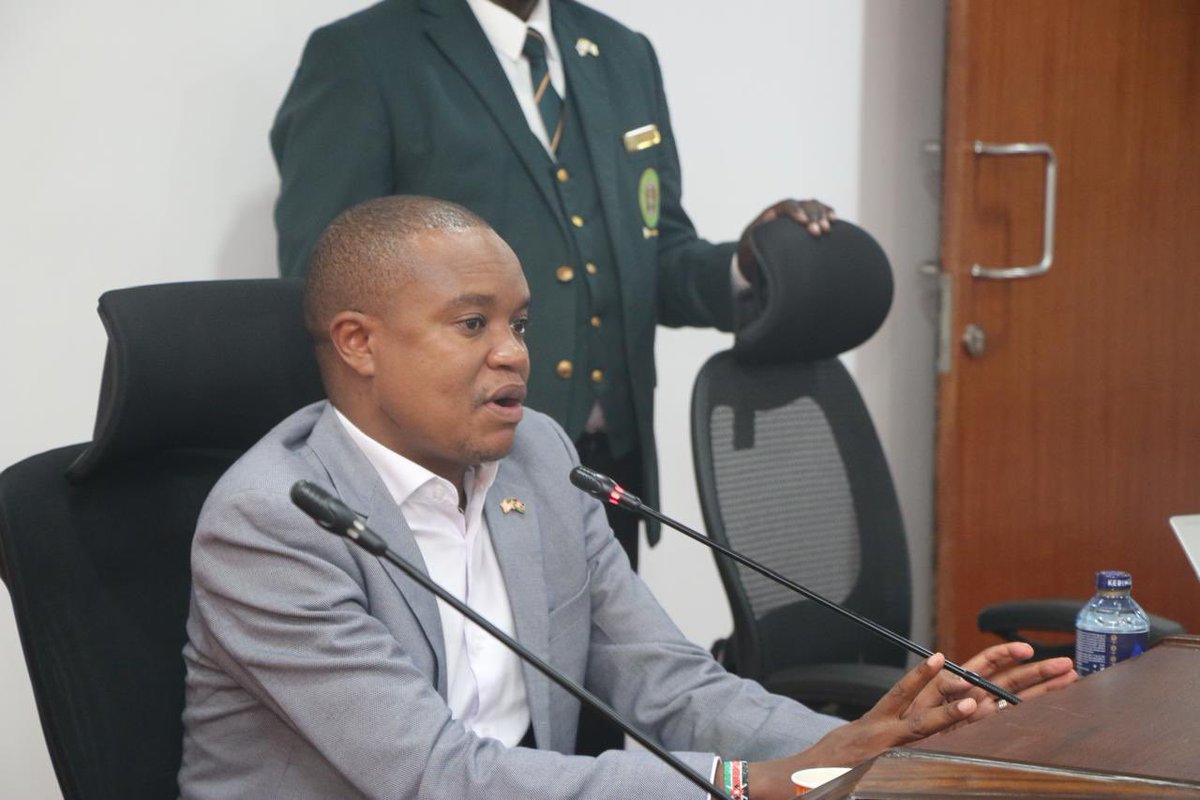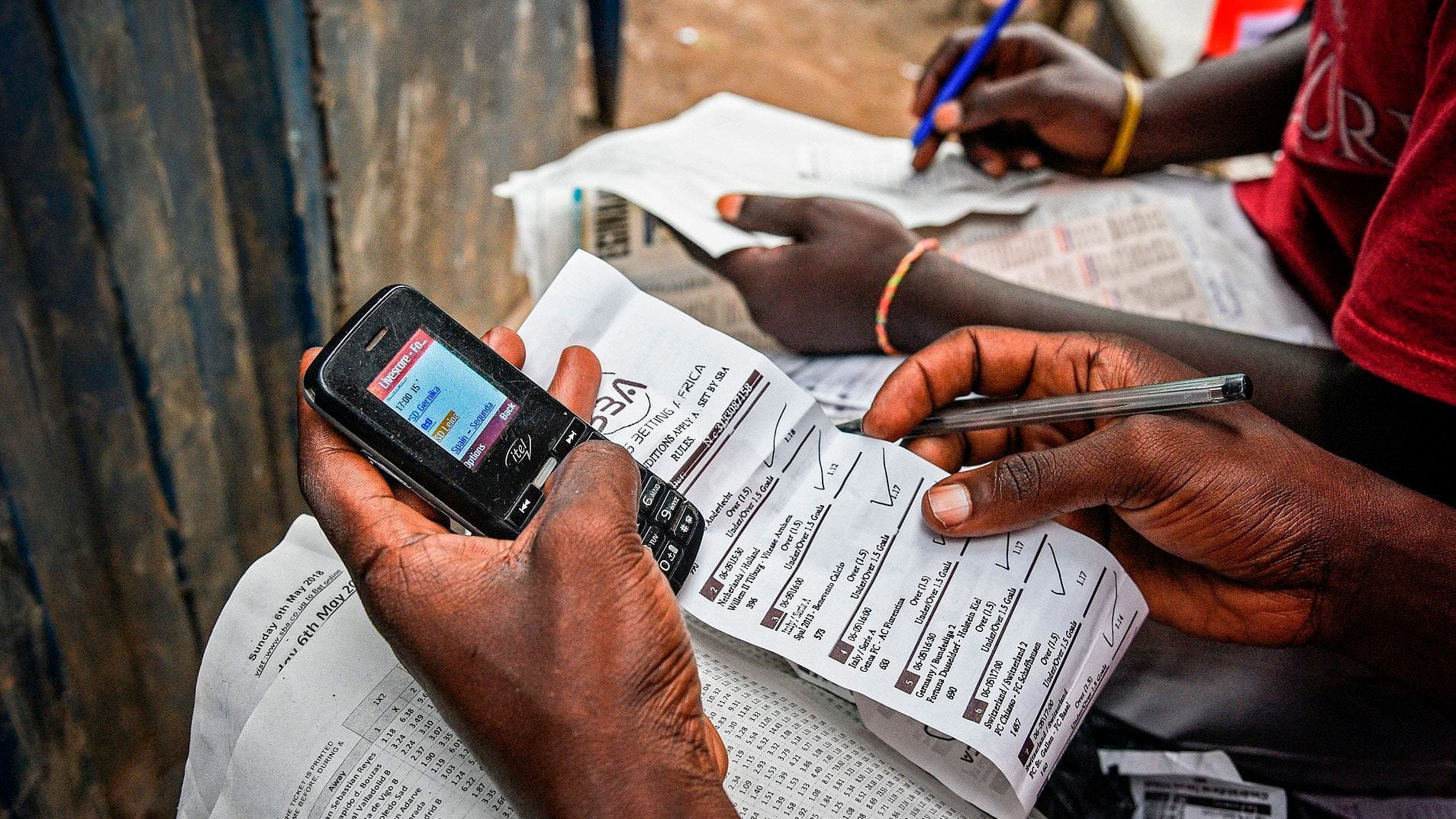Kuria Kimani, the Member of Parliament for Molo Constituency and the chair of the National Assembly Finance Committee, has expressed his support for the government’s proposal to implement a motor vehicle circulation tax.
The tax, outlined in the new Finance Bill 2024, aims to introduce an annual levy to be paid upon acquiring motor vehicle insurance coverage. This levy, set at a minimum of Ksh.5,000, will amount to 2.5 percent of the vehicle’s value.
Kimani referred to the tax as a combination of income and wealth tax, stating on Tuesday that the objective is to promote investment in what he referred to as a comprehensive local public transportation system.
“If you go to economies ahead of us, there are elaborate and very efficient public transport systems,” the MP told NTV in an interview.
“Every time investors want to invest in our public transport system through public-private partnerships, the feasibility studies show that we like to drive our cars so much that we are not able to attract foreign investment.”
He argued that Kenyans like using cars because the public transport system is not “elaborate” and if Kenyans were to be presented with a better alternative, they would avoid using cars.
And while the motor vehicle circulation tax will be tied to the annual renewal of insurance policies, Kimani claims Kenyans have an option of not paying it – by not using their cars altogether.
“If you don’t want to pay the motor vehicle circulation tax, then don’t use the car, like how you don’t use the expressway if you don’t want to pay for it,” he said.
Per the bill, ambulances, and government-owned vehicles are exempt from the motor vehicle circulation tax as stipulated in the Privileges and Immunities Act.
Failure to collect and remit motor vehicle tax within five working days after issuing of motor vehicle insurance cover, an underwriter shall be liable to a penalty of fifty per cent of the uncollected tax and the actual amount of the uncollected tax.






